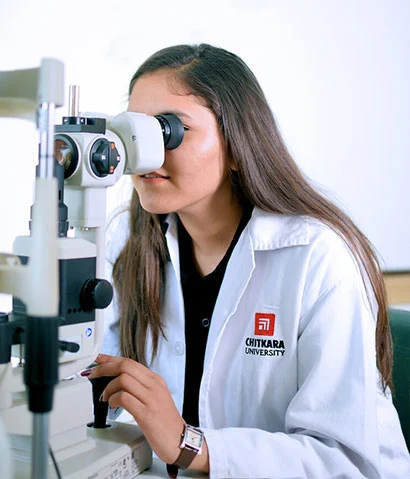Introduction
In the intricate web of modern healthcare, the role of medical laboratory professionals remains essential, yet often overlooked. These unsung heroes, armed with advanced education and expertise, provide vital diagnostic information that guides clinical decisions and treatment plans. Among them, a Master of Medical Laboratory Science stands out as a beacon of knowledge, skill, and innovation in this ever-evolving field. This blog delves into the pivotal role of a Master of Medical Laboratory Science and sheds light on their contributions to patient care and medical advancements.
The Path to Mastery
A Master of Medical Laboratory Science follows an intensive academic journey that typically builds upon a Bachelor's degree in a related field. The advanced curriculum encompasses subjects such as clinical chemistry, microbiology, hematology, immunology, molecular diagnostics, and advanced laboratory management. This rigorous education equips graduates with a profound understanding of the underlying principles of laboratory science, enabling them to tackle complex challenges that arise in diagnostic testing.
Precision in Diagnosis
The accuracy of medical diagnoses often hinges on the quality of laboratory test results. A Master of Medical Laboratory Science plays a pivotal role in ensuring the precision of these results. They are adept at operating cutting-edge equipment, implementing stringent quality control measures, and interpreting results with a keen eye for detail. From identifying infections to assessing blood disorders and detecting genetic abnormalities, their expertise significantly impacts patient outcomes.
Innovations in Technology
Advancements in medical technology have revolutionized the field of laboratory science. Masters of Medical Laboratory Science are at the forefront of adopting and adapting these technologies to enhance diagnostic capabilities. Automated analyzers, high-throughput sequencing platforms, and advanced imaging techniques have become integral tools in their arsenal. Their ability to harness these innovations not only expedites testing but also expands the scope of diagnostic possibilities.
Research and Development
The pursuit of knowledge doesn't end with a Master's degree. Many professionals in this field actively engage in research and development to propel the field forward. They investigate novel testing methodologies, explore emerging diseases, and contribute to the development of diagnostic assays. By collaborating with clinicians and other researchers, they bridge the gap between the laboratory bench and the patient's bedside, ensuring that the latest scientific discoveries translate into tangible healthcare improvements.
Leadership and Management
As healthcare systems grow increasingly complex, effective management of medical laboratories becomes paramount. Masters of Medical Laboratory Science often assume leadership roles, overseeing laboratory operations, staff training, and regulatory compliance. Their comprehensive understanding of laboratory workflows, coupled with their proficiency in managing teams, ensures the seamless functioning of diagnostic services. This management acumen contributes to the overall efficiency of healthcare institutions.
Diagnostic Dilemmas and Problem-Solving
The medical field is replete with diagnostic dilemmas that defy straightforward answers. In such scenarios, a Master of Medical Laboratory Science's expertise shines brightest. They are adept at tackling puzzling cases, collaborating with clinicians to explore diverse diagnostic angles, and devising innovative testing approaches. This problem-solving prowess is a testament to their deep understanding of disease mechanisms and their commitment to finding answers that have a tangible impact on patients' lives.
Advocates for Patient Care
Behind every laboratory sample and result lies a patient seeking answers and treatment. Masters of Medical Laboratory Science embody the crucial bridge between the technical intricacies of laboratory testing and the human stories that underscore these tests. They advocate for patient care by ensuring the reliability of diagnostic information, communicating effectively with healthcare teams, and maintaining the highest ethical standards. Their dedication to accuracy directly influences patient management and outcomes.
Conclusion
In the ever-evolving landscape of modern healthcare, the role of a Master of Medical Laboratory Science remains both indispensable and transformative. Their advanced education, technological prowess, research contributions, leadership abilities, and unwavering commitment to patient care collectively shape the landscape of diagnostic medicine. As we navigate the complexities of medical challenges, let us not forget the remarkable individuals who, through their mastery of laboratory science, bring clarity and precision to the forefront of patient-centered care.

.jpg)




